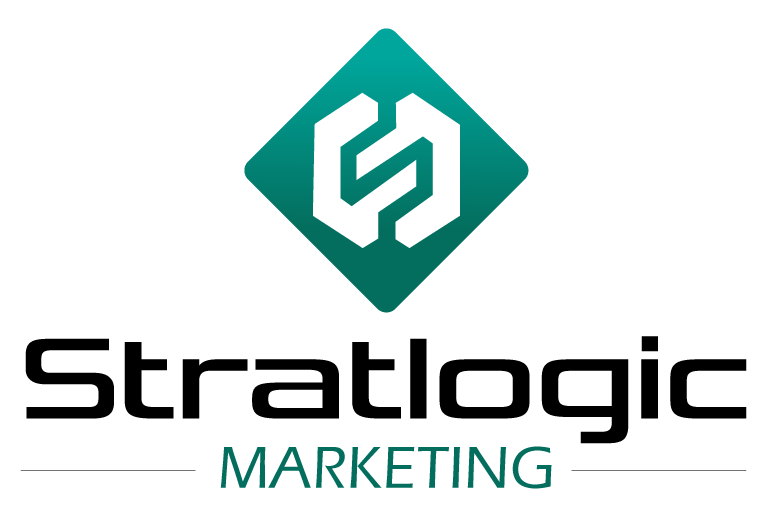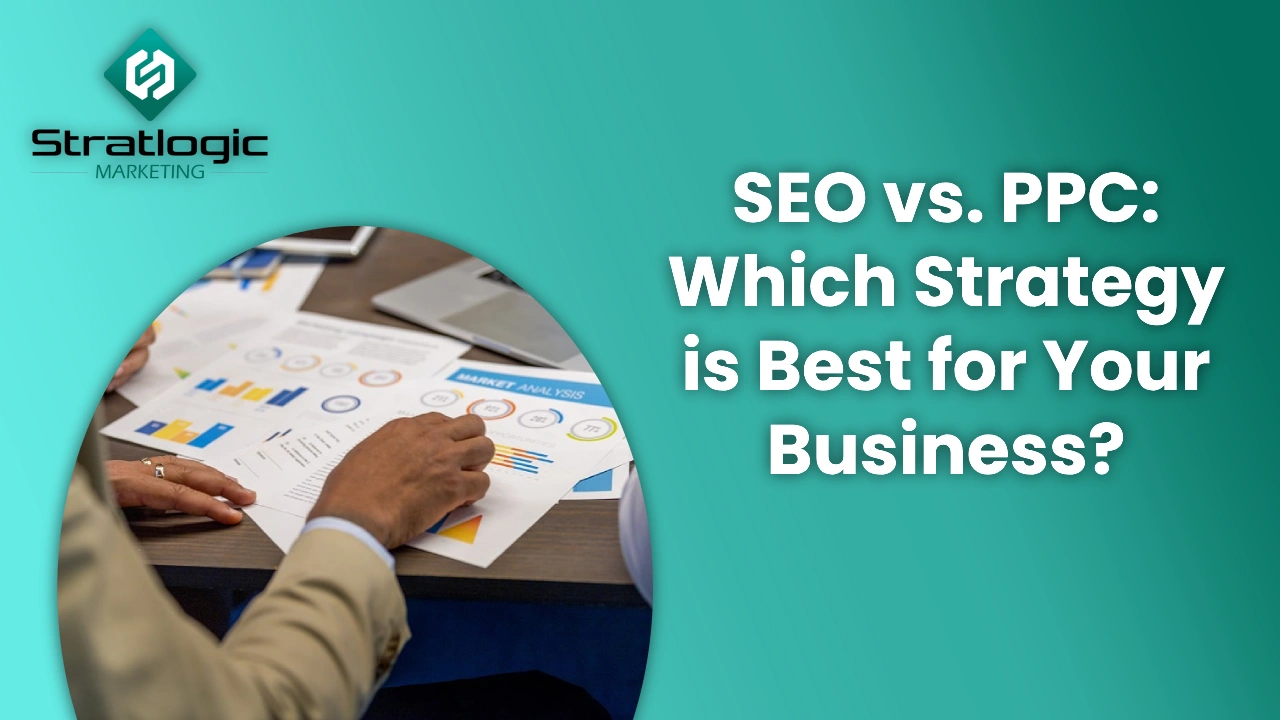Choosing the right digital marketing strategy is essential for any business aiming to enhance its online presence and drive revenue growth. While both Search Engine Optimization (SEO) and Pay-Per-Click (PPC) advertising offer unique advantages, deciding which approach fits your business needs can be challenging. This comprehensive guide will delve into the differences, benefits, and considerations of SEO vs PPC, helping you decide on the best digital marketing services for your company.
Understanding SEO: Long-Term Growth and Organic Traffic
SEO involves optimizing your website and content to rank higher in search engine results pages (SERPs) organically. This is achieved through keyword research, content creation, backlinking, and improving site architecture. The main advantage of SEO is its cost-effectiveness over time. Initially, the investment in SEO may be high, but the ongoing expenses decrease as your website begins to attract organic traffic. For businesses looking for sustainable growth, SEO is an invaluable strategy.
The Immediate Impact of PPC: Visibility and Quick Wins
In contrast to SEO, PPC offers immediate results by placing ads at the top of search engine results pages. You pay each time a user clicks on your ad, which is displayed to a targeted audience based on keywords, user demographics, and other factors. PPC is particularly effective for businesses looking to gain quick visibility or promote time-sensitive offers. It allows for precise budget control and easy tracking of ROI, making it a go-to for campaigns that require fast results.
Combining SEO and PPC: A Holistic Approach
For many businesses, the most effective digital marketing strategy combines SEO and PPC. Utilizing both methods can maximize your visibility and increase traffic more effectively than using each technique in isolation. While SEO builds a solid foundation and credibility for your website, PPC can target specific opportunities and capture immediate interest from potential customers. This integrated approach ensures that you are visible in both organic and paid search results, catering to different user intents.
Cost Considerations: SEO vs PPC
Budget is often a decisive factor when choosing between SEO and PPC. SEO requires upfront investment in content creation, website optimization, and sometimes, link-building services. Although it’s a long-term investment, the organic traffic achieved is cost-effective over time. On the other hand, PPC can become costly, especially in competitive industries where cost-per-click can be high. However, the ability to start small and scale up based on performance makes PPC a flexible option for many businesses.
Targeting and Audience Reach
SEO allows you to attract traffic organically based on a variety of queries related to your business. It is excellent for reaching users who are looking for information or are in the early stages of their buyer’s journey. PPC, meanwhile, lets you target specific demographics and user behaviors, offering ads tailored to different stages of the customer journey. If precise targeting and immediate conversion are your priorities, PPC might be the better choice.
Measuring Success and ROI
Measuring the success of SEO can be more complex and takes longer. Key performance indicators (KPIs) like rankings, traffic, and organic reach are essential metrics. PPC, in contrast, provides immediate data on what you are getting for your investment, including impressions, clicks, and conversions. The clarity of PPC metrics makes it easier to adjust strategies quickly and optimize for better results.
SEO and PPC for Different Business Types
The decision between SEO and PPC also depends on the type of business. E-commerce sites might benefit more from PPC campaigns due to direct conversion potential, while content-driven websites could see greater benefits from SEO. Service-based industries often require a blend of both to build credibility and attract clients both locally and globally.
Longevity and Adaptability in Digital Marketing
SEO strategies typically have a longer-lasting impact. Once you have established strong organic visibility, it can sustain your business’s online presence as long as you continue to maintain it. PPC campaigns, while effective in the short term, stop generating results the moment you pause them. However, the adaptability of PPC allows businesses to respond to market changes more dynamically.
Strategic Integration: SEO and PPC Working Together
While some businesses may choose between SEO and PPC, the most forward-thinking companies often deploy both strategies in tandem to maximize their digital marketing efforts. By aligning SEO and PPC, you can cover all aspects of the marketing funnel, from awareness to conversion. SEO can provide a steady flow of traffic through organic search, while PPC can address specific strategic needs, such as targeting competitive keywords that are hard to rank for organically or capitalizing on promotional opportunities.
Leveraging Data for Better Decision-Making
The data generated from PPC campaigns can provide invaluable insights that enhance your SEO strategies. For instance, PPC ad copy that yields a high click-through rate (CTR) can inform your organic content strategy, suggesting which headlines or keywords resonate best with your target audience. Similarly, SEO data on popular organic search terms can help refine your PPC ad targeting, ensuring that your campaigns are as effective as possible. This cross-pollination of data between SEO and PPC not only optimizes your spend but also improves the overall effectiveness of your digital marketing efforts.
Navigating the Complexity of SEO and PPC Management
Managing both SEO and PPC requires a deep understanding of both organic and paid search landscapes. It involves continuous optimization, testing, and analysis to understand what works best for your business. Choosing a marketing agency that can proficiently handle both SEO and PPC is crucial, as they can seamlessly integrate strategies across channels, adapt to algorithm changes, and continuously refine tactics based on performance data.
Scaling Your Business with the Right Approach
As your business grows, your digital marketing strategies should evolve as well. SEO is scalable in a way that once you have established a strong SEO foundation, it can continue to drive traffic and leads with relatively less ongoing investment compared to PPC. However, PPC can be scaled up quickly to tap into new markets or double down on successful campaigns, providing flexibility in how you allocate your marketing budget depending on business goals and market conditions.
Making the Decision: SEO, PPC, or Both?
Ultimately, the decision to invest in SEO, PPC, or both should be guided by your business objectives, market conditions, and the competitive landscape. If your market is highly competitive and you’re looking to establish a foothold, PPC can provide the visibility you need. If you’re in a niche market with less competition, investing in SEO could yield greater long-term benefits. For many, a blend of both will provide the balanced approach needed to achieve both short-term goals and long-term growth.
FAQs
What is the main difference between SEO and PPC?
SEO (Search Engine Optimization) is about optimizing your website and content to rank higher in organic search results for selected keywords. It focuses on improving visibility and driving traffic over time without direct payment to search engines. PPC (Pay-Per-Click), on the other hand, involves paying for advertising space in search results, where you pay a fee each time your ad is clicked. PPC offers immediate visibility and is highly targeted.
Can SEO and PPC work together?
Yes, integrating SEO and PPC can be highly beneficial. Using both simultaneously can improve overall search visibility, increase the effectiveness of individual campaigns, and provide a wealth of data that can be leveraged to optimize both your paid and organic strategies. For example, PPC can be used to test keyword effectiveness quickly, which can then inform SEO keyword targeting strategies.
How do I know if my business should focus more on SEO or PPC?
The decision largely depends on your business goals, budget, and timeline. If you’re looking for long-term results and have the time to build your online presence, SEO may be the best approach. If you need immediate traffic, have a promotional event, or are entering a highly competitive market, PPC might be more appropriate. Often, a balanced approach that uses both strategies is most effective.
Is PPC more expensive than SEO?
Initially, PPC can seem more expensive than SEO because you are paying for each click your ad receives. However, PPC can be tightly controlled and precisely budgeted. SEO often requires a significant upfront investment in content creation and site optimization, and results can take time to materialize, although it can be more cost-effective in the long run.
How quickly can I see results from PPC and SEO?
PPC can deliver immediate results, typically as soon as your ads start running. SEO, however, is a longer-term strategy. While it can take several months to see significant improvements in organic rankings and traffic, the results are usually more sustainable and cost-effective over time.
Conclusion:
Choosing between SEO and PPC depends largely on your business goals, budget, timeline, and market competition. SEO is ideal for long-term growth and building lasting online visibility, while PPC offers immediate impact and precise targeting options, ideal for quick results and specific campaigns. For most businesses, a combination of both strategies will provide a comprehensive approach, maximizing exposure and leveraging the strengths of each method to drive both immediate and sustained success. Remember, the decision doesn’t have to be one or the other; using SEO and PPC in harmony can often yield the best results.












